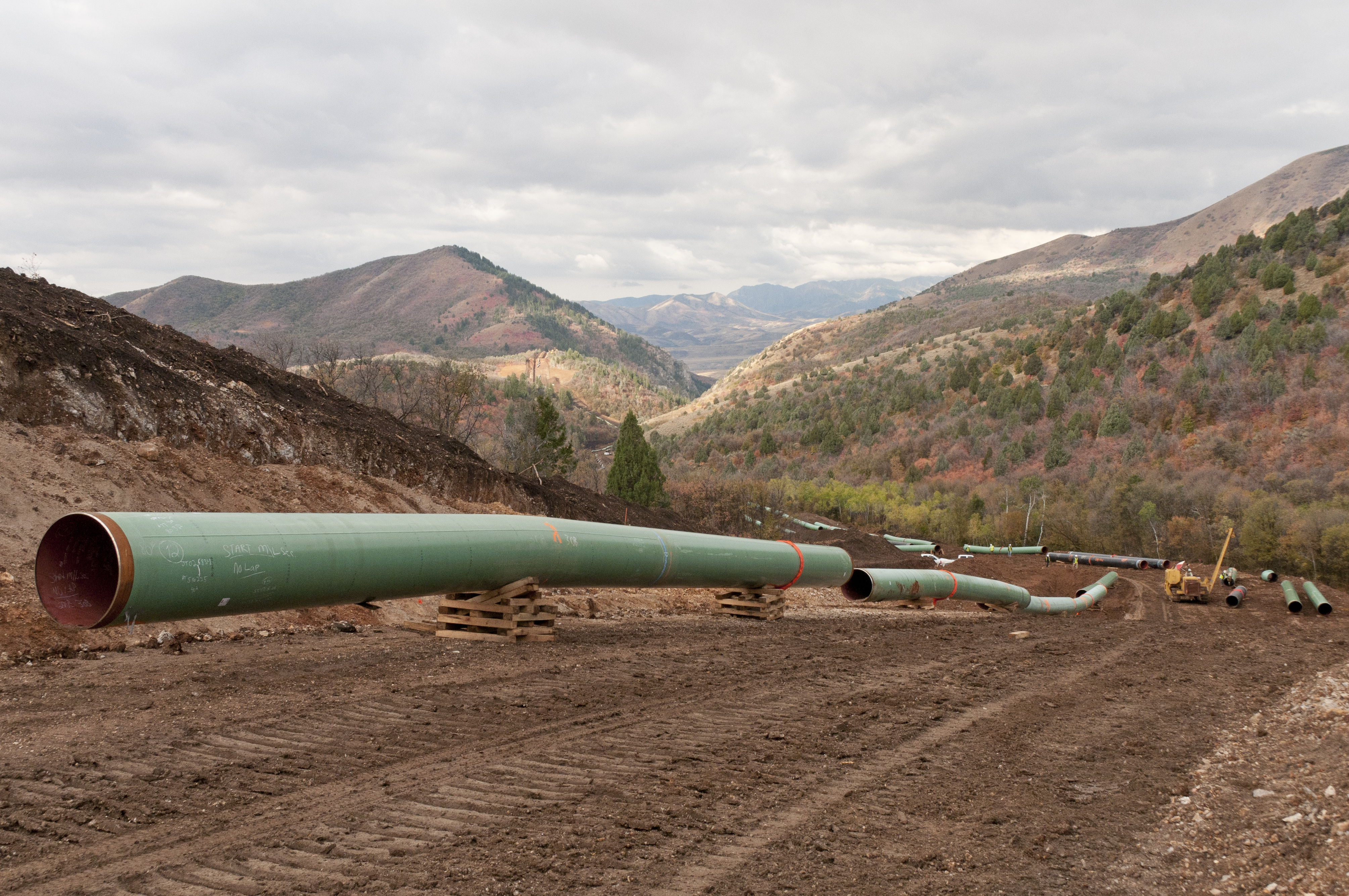October 2011, Vol. 238 No. 10
Features
$38B El Paso-Kinder Morgan Deal: How They Got Here, What's Next

In a deal that will have enormous ramifications for the pipeline industry, Kinder Morgan, Inc. has announced plans to buy El Paso Corp. for $38 billion.
If it goes through, the deal will create the largest midstream energy enterprise company as well as:
-The largest natural gas pipeline network in North America.
-The fourth-largest energy company in North America with an enterprise value of $94 billion and 80,000 miles of pipelines.
-The largest independent transporter of petroleum products in
the United States, and
-The largest transporter of CO-2 in the United States and the largest
independent terminal owner/operator in the United States.
The deal is indicative of the explosive growth in the midstream sector, following Energy Transfer Partners’ offer to buy Southern Union Co., a property that Williams is also vying for.
The El Paso deal is filled with ironies. In the late 1990s, El Paso’s largest asset was its natural gas transmission pipeline from West Texas to California. But the late ’90s was a period marked by merger activities that permanently changed the face of the interstate pipeline industry. El Paso, led by its former CEO Bill Wise, bought Tenneco Gas Pipeline with its Tennessee Gas Pipeline, SONAT and Coastal Corporation in short order that quadrupled the size of the company but left it crippled with a mountain of debt totaling $25 billion.
Following the failure of Enron, and to a lesser degree the natural gas trading scandal and the dot-com bust, El Paso was unable to gain traction and barely held off a takeover effort by former Coastal Chairman Oscar Wyatt.
El Paso’s board cleared out top management and hired Doug Foshee to run the company. He quickly sold off any assets that were considered non-essential. A large portion of El Paso’s staff was laid off. But El Paso did manage to stabilize its core pipeline and exploration and production assets–although it recently announced plans to exit the E&P business, which Kinder Morgan plans to follow up on.
Two important elements of the deal were Kinder Morgan’s willingness to take on El Paso’s still-significant debt while also paying a premium for its pipeline assets. According to published reports, EP shareholders are to receive $26.87 per share, a 47% premium over a stock price that has long been considered to be undervalued.
“This once in a lifetime transaction is a win-win opportunity for both companies,” said Kinder Morgan chairman and CEO Richard D. Kinder. “The El Paso assets are primarily regulated interstate natural gas pipelines that produce substantial, stable cash flow and have access to key supply regions and major consuming markets. The natural gas pipeline systems of the two companies are very complementary, as they primarily serve different supply sources and markets in the United States.
“The transaction is expected to produce immediate shareholder value (upon closing) through strong cash flow accretion and offers significant future growth opportunities.”
That sentence is the key behind Kinder Morgan’s strategy. As a master limited partnership which offers certain tax benefits to its unit holders, payouts rely on continued growth, which usually requires additional assets. In recent years a number of financial analysts questioned how long Kinder Morgan would be able to maintain those healthy payouts with acquiring new assets. Now they have their answer.
Upon closing, KMI shareholders are expected to own approximately 68% percent of the combined company and EP shareholders are expected to own the remaining 32%.
For multi-billionaire Kinder, the purchase vaults him to the top rung of leadership in the North American pipeline business, but his success should come as no surprise to those who have followed the savvy businessman’s career.
Kinder was the heir-apparent to Enron’s former chairman and CEO Ken Lay, but personal and philosophical differences led to Kinder’s departure in the mid ’90s. He was replaced by Jeff Skilling who dictated an approach based less on hardware and more on deal-making. The strategy led to a classic failure and to Skilling’s imprisonment.
In addition to a healthy golden parachute then estimated at $28 million, Kinder was able to buy Enron’s no-longer-wanted liquids pipelines and began his climb. At one point during the period when pipelines were in serious financial trouble, he was literally handed control of a major pipeline company, KN Energy, which doubled the size of his company.
Through the years Kinder has carefully continued to acquire assets that prove complementary to his existing portfolio. Meanwhile, he has followed a philosophy of closely monitoring his company’s expenses, eschewing the use of private planes, a building to house his growing empire, even publishing his annual report with a blank cover. His strategy is a simple one: customers pay to ship their products through fee-based pipelines, so nothing is more important than keeping those pipelines in operation.
Kinder Morgan will also have the opportunity to take advantage of one of El Paso’s earlier strategies. In the midst of its growth plans when it acquired Tennessee Gas Pipeline and Coastal was a strategy to build gas pipelines to power generating plants. However, when natural gas prices plummeted soon after, that plan was essentially mothballed. Now, with the shale gas revolution and new emissions standards calling for more natural gas-fired power plants, it’s likely Kinder Morgan will find plenty of profitability in providing natural gas to those plants, and with one less competitor, will most likely be able to charge higher prices.





Comments